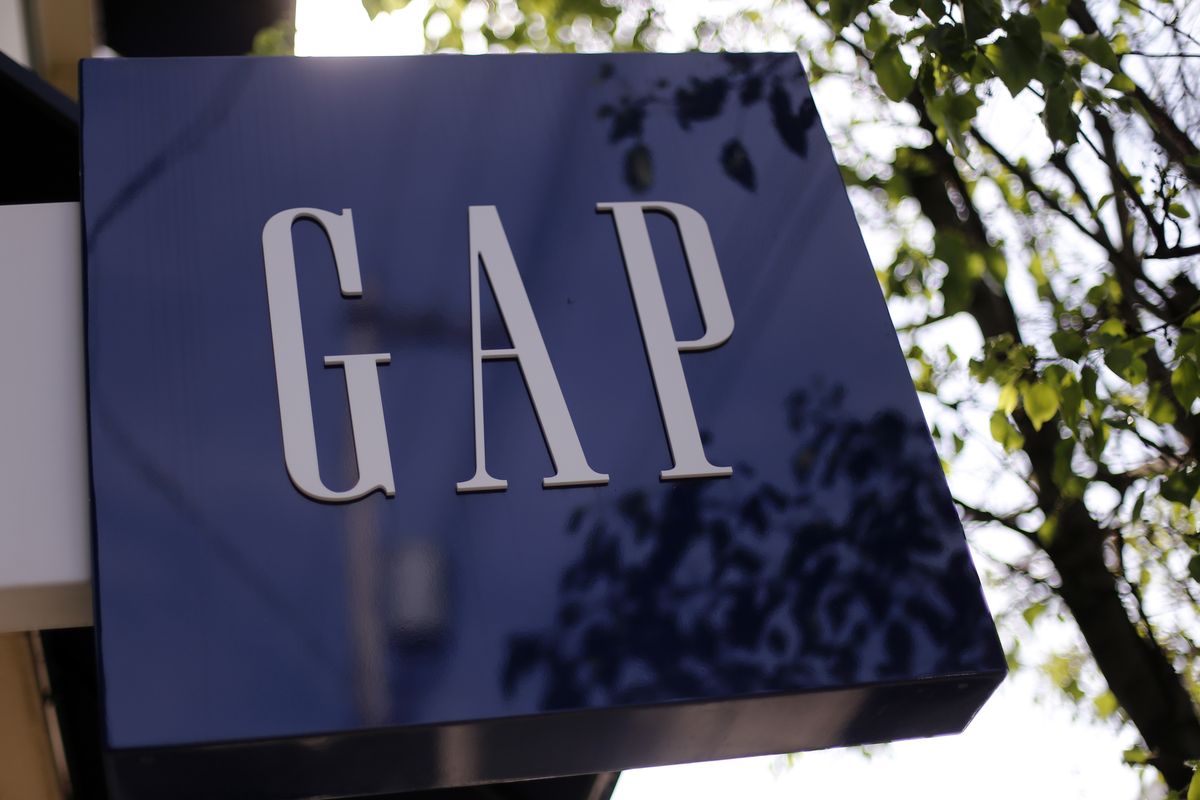The long arm of MetLife offers diversity, profitability

Founded in 1868, MetLife (NYSE: MET), one of the world’s largest life insurance companies, might belong in your stock portfolio. It serves about 100 million customers in nearly 50 nations, offering life insurance, annuities, asset management, auto insurance, home insurance, IRAs, employee benefit programs and more.
There’s much to like about MetLife, such as its push into fast-growing emerging and developing markets and its cost-cutting plans to boost profitability. Operating earnings in its European, Middle Eastern and African business (excluding Western Europe) grew 16.1 percent on average over the last two full financial years.
The company is also aiming to reduce operating earnings volatility and improve free cash flow by shifting its business focus “from market-sensitive, capital-intensive products toward protection-oriented, capital-efficient products,” according to its most recent 10-K report. Growing its global employee benefits business is a priority. If interest rates rise in coming years, as they’ re expected to, that will serve as another growth catalyst.
MetLife’s valuation is also appealing. Its price-to-earnings (P/E) ratio was recently 17, well above its five-year average of 11, but its forward-looking P/E, based on next year’ s expected earnings, is 9. It’ s a financial giant with a diversified international platform, economies of scale and a well-known brand – and a solid dividend, too.
Ask the Fool
Q: I’m optimistic about the growth of wind power. Which companies that are involved in it might I invest in? – B.M., Honolulu, Hawaii
A: Wind power has been growing, partly due to the cost of wind turbines and the price of wind-powered electricity falling. The U.S. wind energy industry employs about 50,000 people, and the U.S. Department of Energy would like to see wind generate 20 percent of the nation’ s electricity demand by 2030 – or at least get close.
General Electric (NYSE: GE) is far from a pure play in wind, but it’s the largest wind turbine supplier in the United States and is expanding internationally, too, such as in India. The U.S. leader in wind energy, though, is NextEra Energy (NYSE: NEE), with more than 10 gigawatts of wind capacity across 19 states. Dominion Resources (NYSE: D), meanwhile, is buying many big offshore wind leases from the U.S. government.
(The Motley Fool has recommended shares of Dominion Resources and owns shares of General Electric.)
Q: Old Navy doesn’ t seem to be a publicly traded stock – so I can’ t invest in it, right? – P.T., Syracuse, New York
A: Not exactly. A little research (such as Googling or just calling the company) will reveal that Old Navy, along with Banana Republic, Athleta, INTERMIX and Piperlime, belong to Gap, which is publicly traded.
Many companies are divisions of other companies. Pottery Barn is part of Williams-Sonoma, as is West Elm and Rejuvenation. TJX Companies owns T.J. Maxx, Marshalls, HomeGoods and Sierra Trading Post. Yum! Brands owns Taco Bell, Pizza Hut and KFC. Warren Buffett’s Berkshire Hathaway owns Dairy Queen, See’s Candies, GEICO, Benjamin Moore, Fruit of the Loom and The Pampered Chef, among many other companies.
My dumbest investment
We all know that hindsight is 20/20, but I had plenty of information and still did not take advantage of investing in Home Depot or Wal-Mart when I first learned about them. I was just too timid and indecisive, as I didn’t know enough about investing. The stocks have split numerous times since then, and I missed out on those. – J.P., Ellendale, North Dakota
The Fool responds: It’s not necessarily best to invest in promising companies as soon as you hear about them. Instead, spend time researching them, their rivals and their industry, gaining confidence in your decision.
Consider that investors in Wal-Mart have averaged annual gains of 11 percent over the past five years and also the past 20 years. Better still, Home Depot stock has grown faster in the past few years than in many previous ones. Neither seems like a screaming bargain right now, but their businesses are likely to keep growing, and you might buy either stock on a pullback. Remember, too, that stock splits are close to meaningless, not changing the value of a holding. (The Motley Fool has recommended Home Depot.)